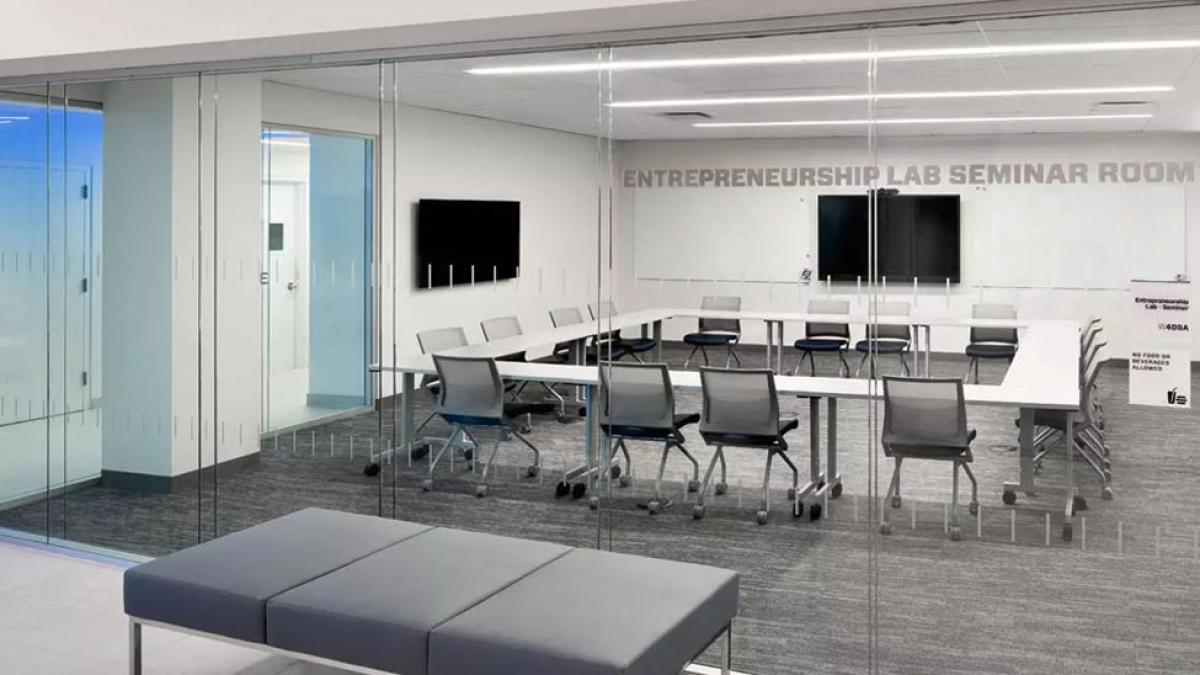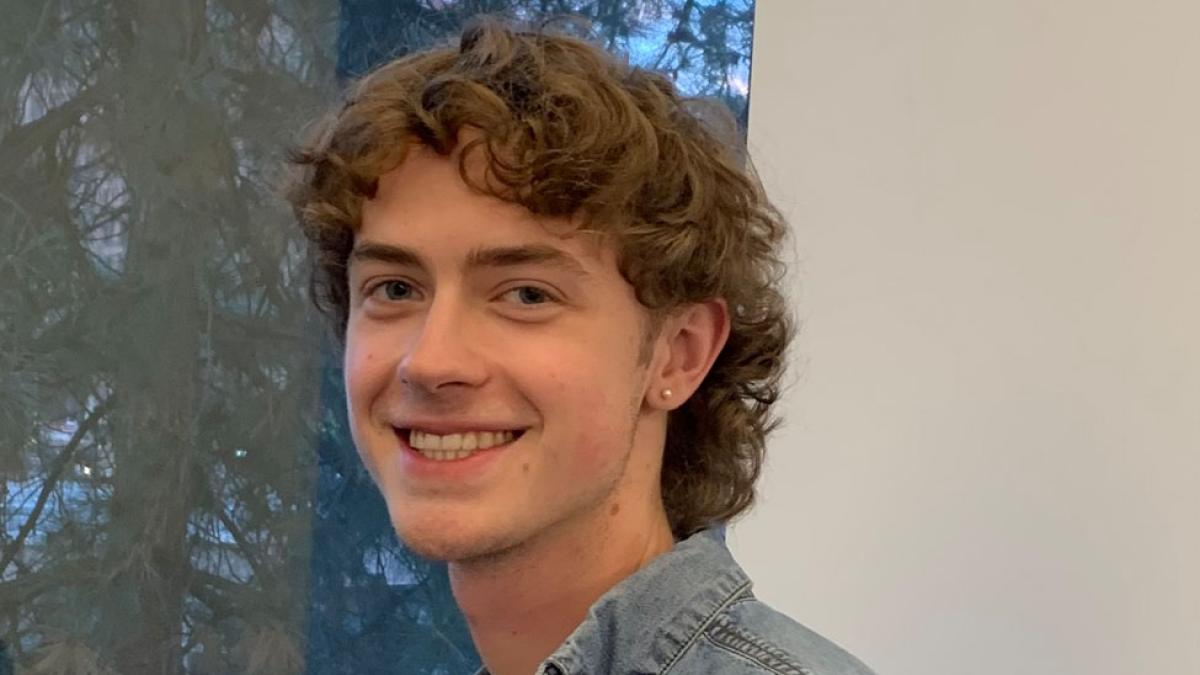Pace University and AnD Ventures invite you to grow and build your startup with Pace faculty, international professionals, and leading corporations.
Cities Most Impacted by Hospitality Industry Job Losses
Clinical Professor at the Lubin School of Business at Pace University Dr. Andrew Coggins was interview by MoneyGeek: What are some of the impacts the COVID-19 pandemic has had on the hospitality industry? COVID essentially shut the industry down. Companies had to downsize and find alternative sources of capital and innovative ways of doing business. The old models and predictions are no longer reliable with the recovery, and the new ones are still works-in-progress. COVID heightened awareness of sanitation measures and created a focus on safety. The move to a touchless guest interaction resulted in a more convenient guest experience.
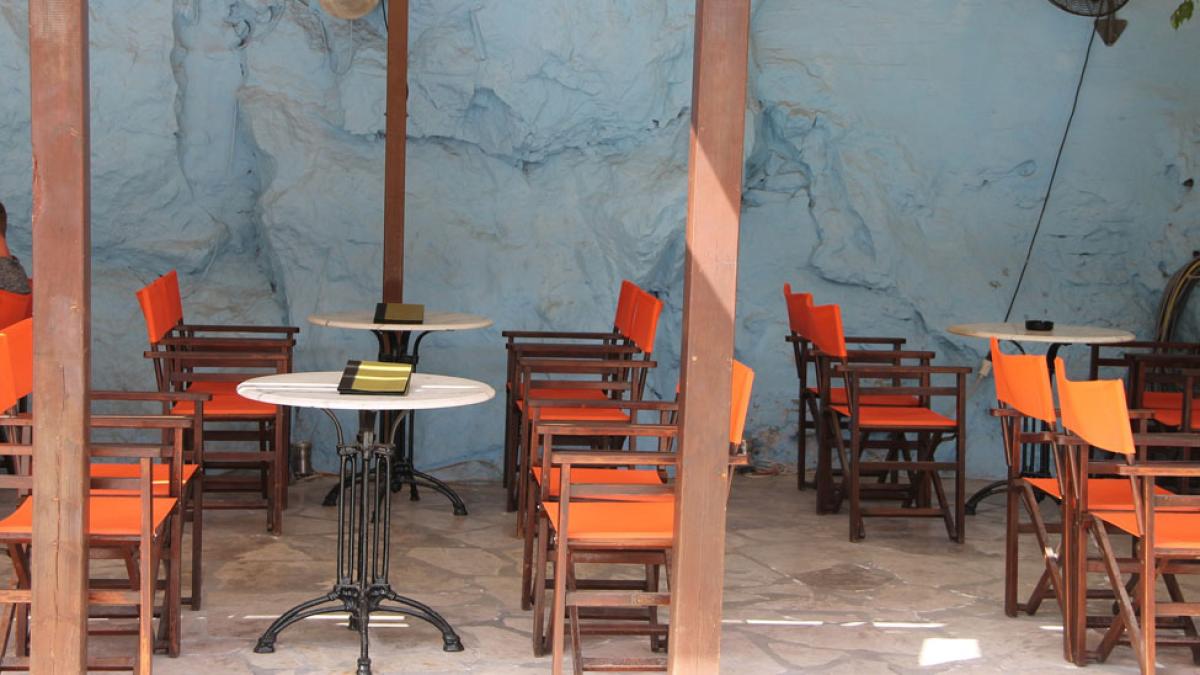
Best Chase Credit Cards for Travel
Clinical Professor at the Lubin School of Business at Pace University Dr. Andrew Coggins was interviewed by MoneyGeek: When might someone consider getting a Chase travel credit card with an annual fee? I'd ask myself what value the card would add compared with my current cards.

Commentary
Race and Juvenile Justice in Twentieth-Century Texas." Erin Mysogland researches the policing of migrant youth and works at Pace University.
Queerbaiting: Unpacking a problematic past
What is queerbaiting, exactly?
In an interview with USA Today, Melvin Williams, professor of communication and media studies at Pace University, summed up the concept: "Queerbaiting is a strategy used by content creators and media producers to attract queer audiences — via homoeroticism, suggestive marketing and storylines, and other symbolisms — and to insinuate queer identities and relationships between media characters and viewers."
TV clip from Spectrum News Rochester
There will be one debate for New York governor and you will see it here on spectrum news one tomorrow. It's this morning's top story. Now, the Republican challenger, Lee Zeldin, has agreed to meet Democratic governor Kathy Hochul for that debate. It will happen Tuesday evening live from Pace University in Manhattan. Zeldin had wanted a series base with Hochul, but the governor stood firm on only one and her challenger agreed late Sunday to do Tuesday’s, political anchors Susan Arbetter and Errol Louis will moderate the debate. Coverage begins at 7 PM Tuesday evening on spectrum news one, that race tightening with at least one recent poll reporting it as a statistical dead heat after months of Hochul holding a double digit lead.
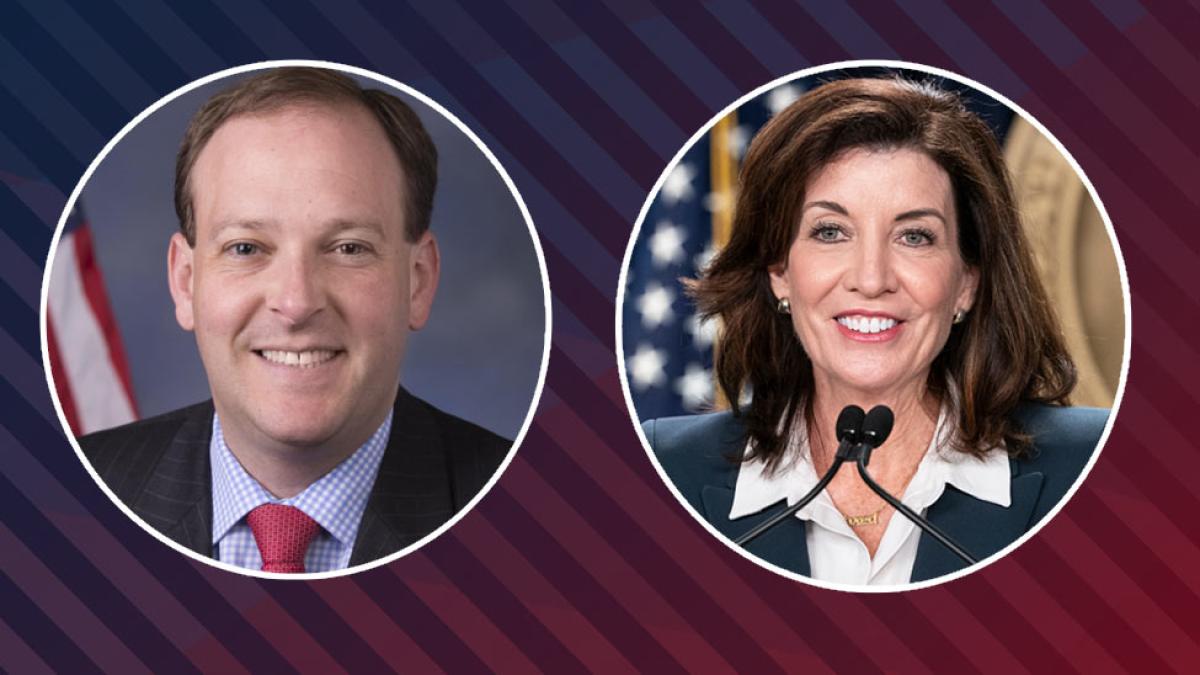
#PaceGoGetters: Isaiah Jimenez
Lubin School of Business student Isaiah Jimenez fell in love with Pace's entrepreneurship program–now, he's running two businesses, even before graduation.

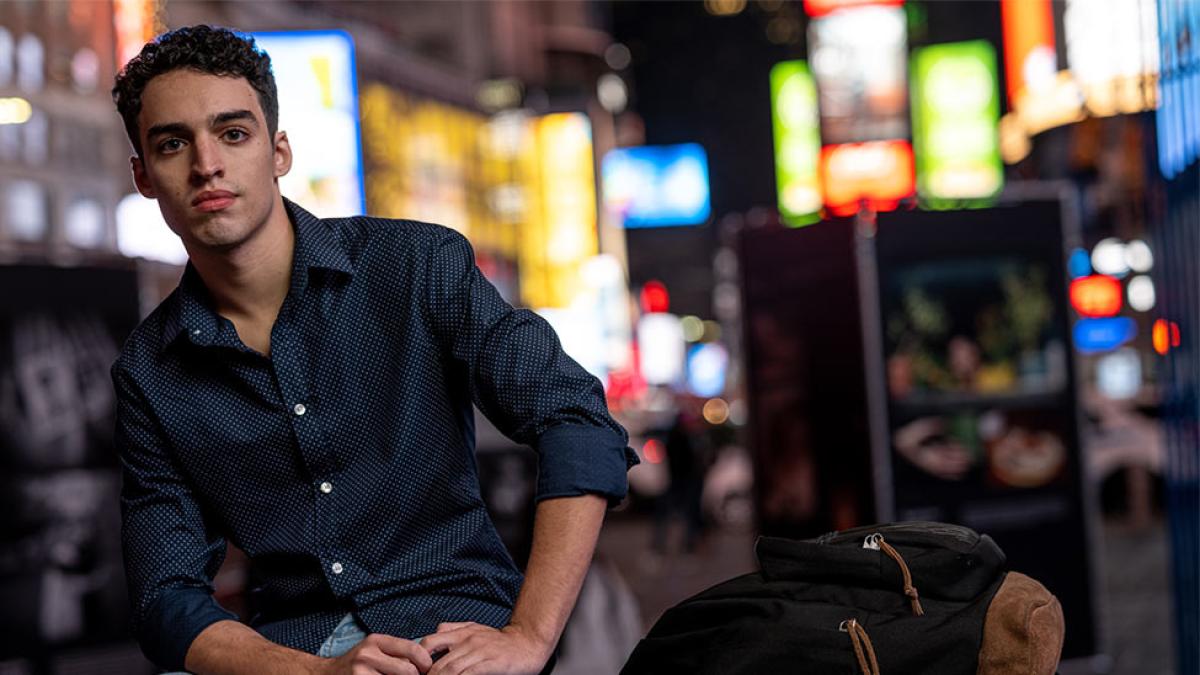
Lubin business student Isaiah Jimenez fell in love with Pace's entrepreneurship program–now, he's running two businesses, even before graduation.
More from Pace
Before jumping into his final year at the Lubin School of Business, BBA in Business Analytics student Derek Storer spent summer 2022 interning at Barclays. He credits everything he learned in his Lubin classes for landing the internship and for receiving a job offer to work at the institution full time after graduation.
“Not all impressions are created equal,” said Larry Chiagouris, a marketing professor at Pace University. “I’m not saying [this tactic is] not ethical or illegal, but it raises issues. If someone is trying to play a game and that’s the purpose of this interaction, they may just be eager to play the game and are not that interested in the information being shared.”
Pace University to Kick-Off Social Justice Week on October 24
Pace University on Monday, October 24 will kick-off Social Justice Week across its three campuses – in lower Manhattan, Pleasantville and White Plains – featuring events that adhere to values of equity and justice while engaging the campus community in learning activities and dialogue centered on the issues of social justice.
In its third year, Social Justice Week runs from October 24 through October 29 and serves as a way of honoring the life of Danroy “DJ” Henry, a Pace student and member of the football team who was shot and killed by a police officer on October 10, 2010. Social Justice Week is held to coincide with DJ’s birthday (October 29) and explores the connections between his story and much broader themes of social injustice in this country.
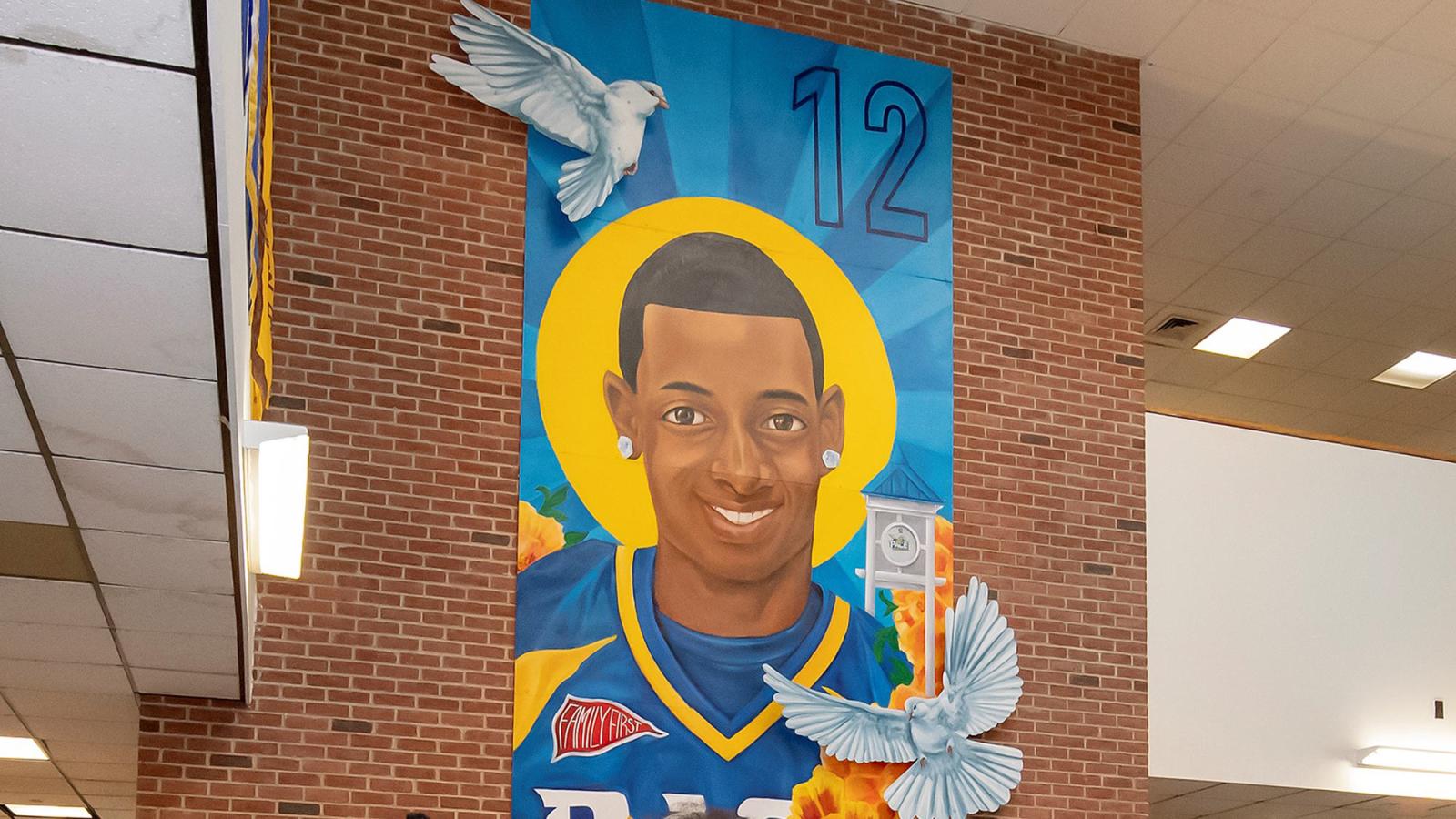
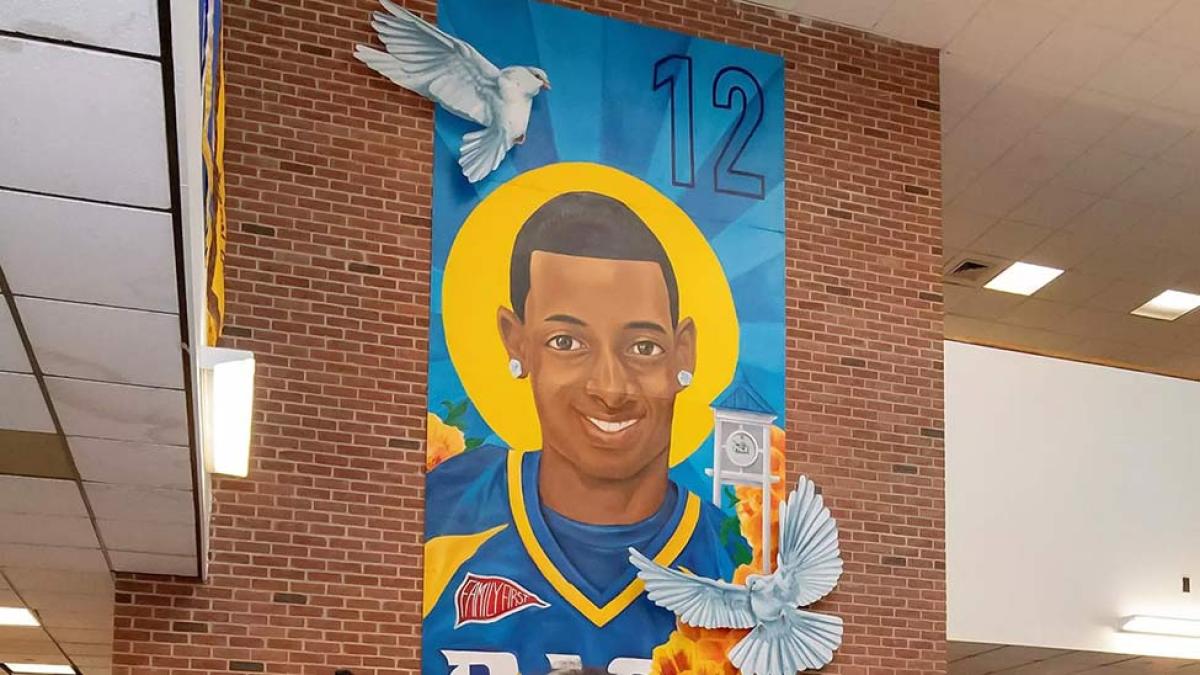
In its third year, SJW commemorates the memory of Danroy “DJ” Henry
Pace University on Monday, October 24 will kick-off Social Justice Week across its three campuses – in lower Manhattan, Pleasantville and White Plains – featuring events that adhere to values of equity and justice while engaging the campus community in learning activities and dialogue centered on the issues of social justice.
In its third year, Social Justice Week runs from October 24 through October 29 and serves as a way of honoring the life of Danroy “DJ” Henry, a Pace student and member of the football team who was shot and killed by a police officer on October 10, 2010. Social Justice Week is held to coincide with DJ’s birthday (October 29) and explores the connections between his story and much broader themes of social injustice in this country.
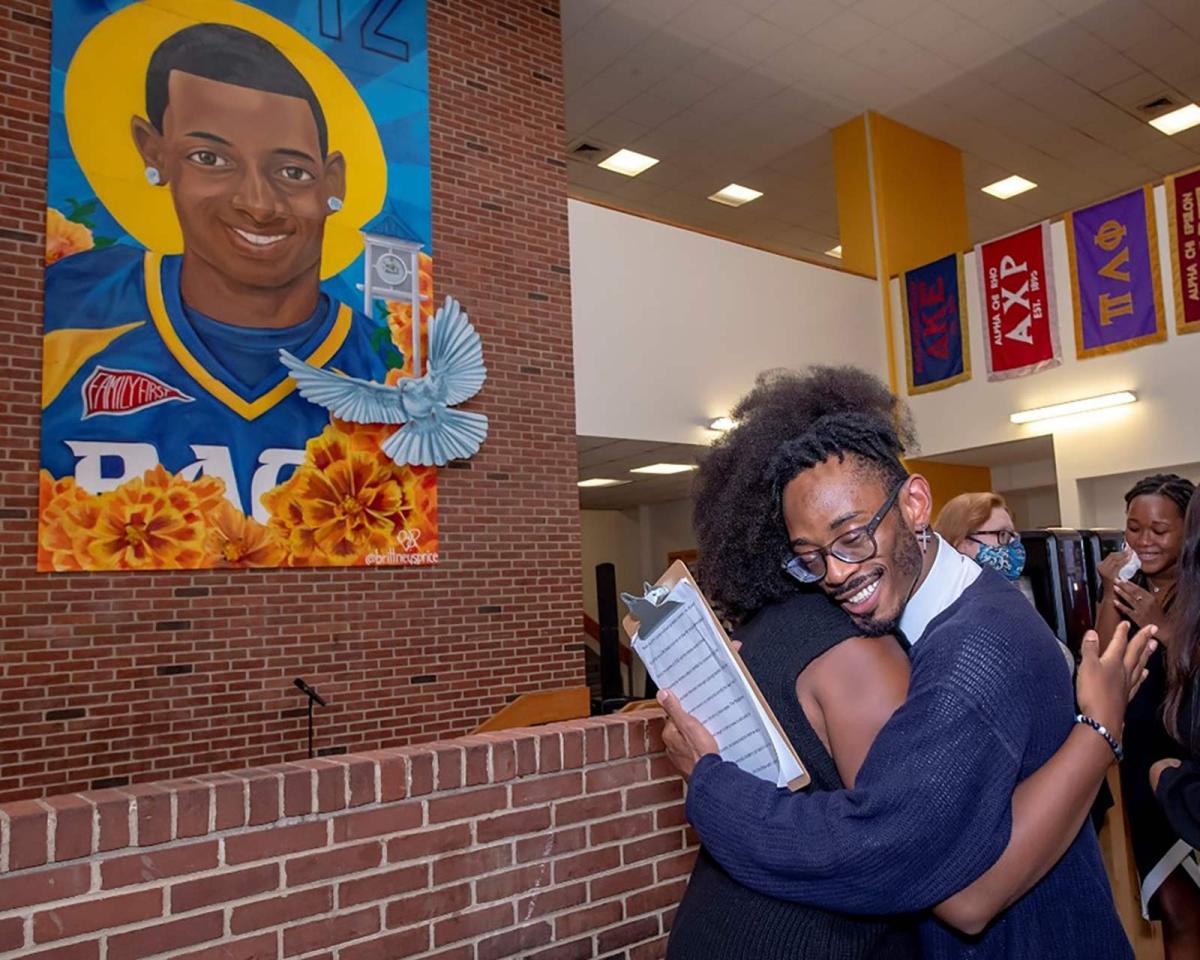
“At Pace University, we’re committed to honoring the memory of DJ Henry and to the ongoing work of social and racial justice,” said Pace President Marvin Krislov. “Social Justice Week each year provides an opportunity for our community to explore issues of injustice, social change, and anti-racism. It enables us to introduce new generations of students to DJ and his story, and it allows the Pace community to foster dialogue and take action.”
The week will kick off with a candlelight vigil in New York City hosted by the Black Student Union. It will continue with a fundraiser for the DJ Henry Dream Fund at The Elisabeth Haub School of Law and culminate on Saturday, October 29 with a ceremony retiring DJ’s football jersey at Pace’s football stadium.
Throughout the week, there will also be original programming of more than 35 events focusing on a broad range of topics, such as social justice in sports; a fundraiser for victims of Hurricane Fiona; a discussion of housing stability and tenant protections with New York State Senator Brian Kavanagh; a slavery and resistance walking tour; a film screening of “The True Cost,” a film about the social and environmental costs of fast fashion; a discussion on combating food insecurity; and a presentation on the history of mental health and self-care within the Black community. A full schedule of events is available.
“Social Justice Week is a part of Pace University’s commitment to working towards being an anti-racist institution,” said Todd Smith-Bergollo, senior associate dean for students. “Social Justice Week helps foster education and advocacy for our students, faculty and staff, and the greater community and we are grateful to all those whose hard work makes this week possible and to all who are participating in the programs offered.”
About Pace University
Since 1906, Pace University has educated thinking professionals by providing high quality education for the professions on a firm base of liberal learning amid the advantages of the New York metropolitan area. A private university, Pace has campuses in New York City and Westchester County, New York, enrolling nearly 13,000 students in bachelor’s, master’s, and doctoral programs in its Dyson College of Arts and Sciences, Lubin School of Business, College of Health Professions, School of Education, School of Law, and Seidenberg School of Computer Science and Information Systems.
Pace U's Lubin School of Business Launched New Entrepreneurship Studio
Pace University’s Lubin School of Business, in collaboration with AnD Ventures, recently launched the Pace Entrepreneurship Studio (PES) with an opening reception. PES will position the University as a leading institution for cultivating entrepreneurship and innovation in the tri-state area.
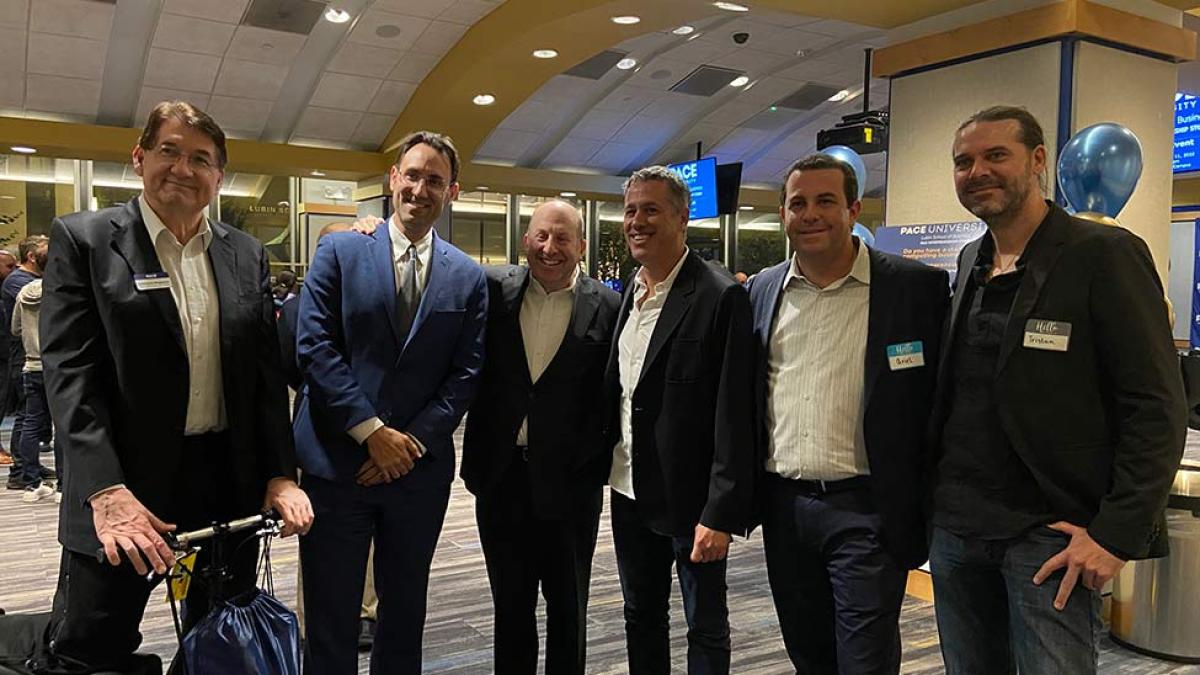
Trump's company faces criminal tax trial as his legal woes mount
The fact that the Trump Organization kept making off-the-books payments for so many years could help prosecutors show it intended to violate tax laws, a key element of proving its guilt to the jury, said Bridget Crawford, a law professor at Pace University in New York focusing on income tax and corporations. "Failure to report once might be a mistake. Failure to report over a period of time is fraud," Crawford added. "If you know of your tax obligations - which all experienced and savvy people do - and consciously disregard them, that is intent to defraud the government."
